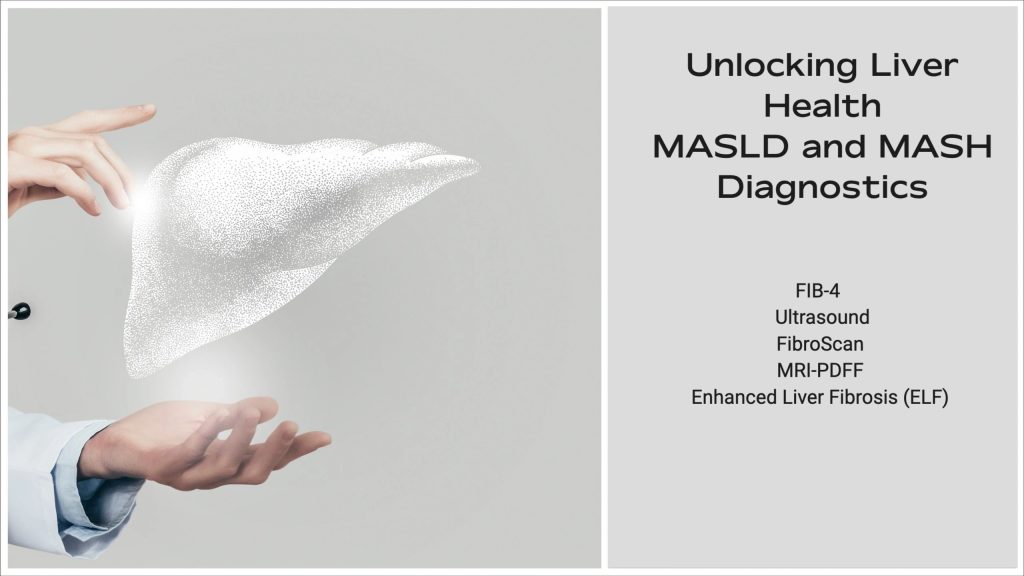In recent years, the term “MASH” has gained attention in medical circles and among the general public. MASH, or Metabolic Dysfunction-Associated Steatohepatitis, is a severe form of fatty liver disease that affects millions of people across the United States. This article delves into what MASH is, its causes, symptoms, and the latest treatment options available.
Understanding MASH
Metabolic Dysfunction-Associated Steatohepatitis (MASH) is a progressive liver condition characterized by fat accumulation, inflammation, and scarring in the liver. It was previously known as Nonalcoholic Steatohepatitis (NASH), but the name was updated to reflect the role of metabolic dysfunction rather than alcohol consumption as the primary cause.
MASH is part of a broader group of conditions known as Metabolic Dysfunction-Associated Steatotic Liver Disease (MASLD). While MASLD may not cause immediate problems, it can progress to MASH, which poses serious health risks if left untreated.
Causes of MASH
The exact causes of MASH are not fully understood, but several factors contribute to its development. These include:
- Metabolic Syndrome: A cluster of conditions such as high blood pressure, high blood sugar, excess body fat around the waist, and abnormal cholesterol levels.
- Obesity: Excess body weight, especially around the abdomen, increases the risk of developing MASH.
- Type 2 Diabetes: People with type 2 diabetes are more likely to develop MASH.
- High Cholesterol and Triglycerides: Elevated levels of these lipids can contribute to liver damage.
- Genetic Factors: Some individuals may be genetically predisposed to MASH.
While heavy alcohol use does not cause MASH, other lifestyle and health factors play a significant role in its progression.
Symptoms of MASH
Many people with MASH may not experience any symptoms in the early stages of the disease. However, as the condition progresses, individuals may notice:
- Fatigue: One of the most common symptoms, affecting up to 50% to 80% of patients.
- Abdominal Pain: Often felt in the upper right quadrant of the abdomen.
- Muscle Weakness: Due to muscle breakdown (sarcopenia) caused by chronic inflammation.
- Unintentional Weight Loss: Caused by loss of appetite or feeling unwell.
- Itching: A common complaint among those with chronic liver disease.
These symptoms can significantly impact a person’s quality of life, making early detection and management crucial.
Diagnosis of MASH
Diagnosing MASH typically involves a combination of imaging tests, blood work, and sometimes a liver biopsy. Common diagnostic methods include:
- Ultrasound: To detect fat accumulation in the liver.
- Blood Tests: To check for elevated liver enzymes and other markers of liver damage.
- FibroScan: A non-invasive test that measures liver stiffness and fat content.
- Liver Biopsy: The gold standard for confirming MASH and assessing the extent of liver damage.
Early diagnosis allows for timely intervention, which can prevent or slow the progression of the disease.
Treatments for MASH
Managing MASH often involves lifestyle changes and, in some cases, medication. The following treatments are commonly recommended:
1. Lifestyle Changes
- Weight Loss: Losing even a small amount of weight can significantly improve liver health.
- Exercise: Regular physical activity helps reduce liver fat and inflammation.
- Diet: A balanced diet rich in fruits, vegetables, whole grains, and lean proteins supports overall health.
2. Medications
Several medications are being studied for their effectiveness in treating MASH. One promising option is Wegovy (semaglutide), which was approved by the FDA in August 2025 for certain patients with MASH. Other drugs, such as ION224, are also showing promise in clinical trials.
3. New Drug Developments
Recent studies have highlighted the potential of ION224, an investigational drug that targets a specific enzyme in the liver called DGAT2. By inhibiting this enzyme, ION224 reduces liver inflammation and injury associated with MASH. In a Phase 2 trial, nearly 60% of patients receiving the highest dose showed significant improvements in liver health.
4. Additional Therapies
- Testosterone Therapy: For men with low testosterone levels, this therapy may help maintain muscle mass.
- Protein Intake: Increasing protein consumption can support muscle strength and recovery.
- Strength Training: Incorporating resistance exercises into daily routines can combat muscle weakness.
Managing Fatigue and Muscle Weakness
Fatigue and muscle weakness are two of the most challenging symptoms of MASH. Here are some strategies to manage them:
- Exercise: Regular physical activity can boost energy levels and improve muscle strength.
- Nutrition: A well-balanced diet with adequate protein supports muscle maintenance.
- Sleep: Ensuring good quality sleep can help alleviate fatigue.
- Medical Advice: Consulting a healthcare provider for personalized recommendations is essential.
Preventing Complications
If left untreated, MASH can lead to severe complications, including:
- Fibrosis: Scarring of the liver tissue.
- Cirrhosis: Advanced scarring that can lead to liver failure.
- Hepatic Encephalopathy: A condition where toxins build up in the brain due to liver damage.
- Liver Cancer: Increased risk of developing liver cancer.
Regular monitoring and proactive management are key to preventing these complications.
Conclusion
MASH is a serious but manageable condition that affects millions of Americans. Understanding its causes, symptoms, and treatment options is essential for those at risk. With the right lifestyle changes and medical interventions, many people can improve their liver health and quality of life.
Call to Action
Stay informed about the latest developments in MASH research and treatment. Consult with your healthcare provider to discuss the best strategies for managing this condition. Together, we can take steps toward better liver health and a healthier future.
Author: Dr. Emily Thompson
Title/Role: Gastroenterologist and Medical Writer
Credentials: Dr. Thompson has over 15 years of experience in gastroenterology and has published numerous articles on liver diseases. She is a member of the American Gastroenterological Association.
Profile Link: Dr. Emily Thompson’s Profile
References:
– Loomba, R., Morgan, E., Yousefi, K., Li, D., Geary, R., Bhanot, S., & Alkhouri, N. (2025). Antisense oligonucleotide DGAT-2 inhibitor, ION224, for metabolic dysfunction-associated steatohepatitis (Ion224-cs2): Results of a 51-week, multicentre, randomised, double-blind, placebo-controlled, phase 2 trial. The Lancet, 406(10505), 821–831. https://doi.org/10.1016/S0140-6736(25)00979-1
– National Institute of Diabetes and Digestive and Kidney Diseases. (n.d.). Nonalcoholic Fatty Liver Disease & NASH. Retrieved from https://www.niddk.nih.gov/health-information/liver-disease/nash
– American Liver Foundation. (n.d.). What is Nonalcoholic Steatohepatitis (NASH)? Retrieved from https://liverfoundation.org/for-patients/about-the-liver/what-is-nash/
Internal Links:
– Understanding Fatty Liver Disease
– Living with Chronic Liver Disease
– Latest Advances in MASH Treatment
External Links:
– National Institute of Diabetes and Digestive and Kidney Diseases
– American Liver Foundation
– The Lancet – MASH Research
Schema Markup:
{
"@context": "https://schema.org",
"@type": "Article",
"headline": "What Is MASH Liver Disease? A Comprehensive Guide to Causes, Symptoms, and Treatment",
"description": "Learn about MASH, a severe form of fatty liver disease, and discover its causes, symptoms, and treatment options.",
"author": {
"@type": "Person",
"name": "Dr. Emily Thompson"
},
"datePublished": "2025-04-05",
"image": "https://www.example.com/images/mash-liver-disease.jpg",
"publisher": {
"@type": "Organization",
"name": "Health News Today",
"logo": "https://www.example.com/images/logo.png"
}
}
Featured Snippet:
MASH, or Metabolic Dysfunction-Associated Steatohepatitis, is a severe form of fatty liver disease caused by metabolic dysfunction rather than alcohol use. It leads to fat accumulation, inflammation, and scarring in the liver, potentially resulting in cirrhosis or liver failure. Management includes lifestyle changes, weight loss, and emerging medications like ION224 and Wegovy.
URL Slug:
/us-trending-news-mash-liver-disease
Image Optimization:
–
– 
– 
– 
–












More Stories
US Trending News: The History and Legacy of Zoo York in Streetwear Culture
What Is Yodo Para Tiroides and How Does It Affect Thyroid Health?
Understanding ‘You Got That Right’ in The New York Times: Context and Implications